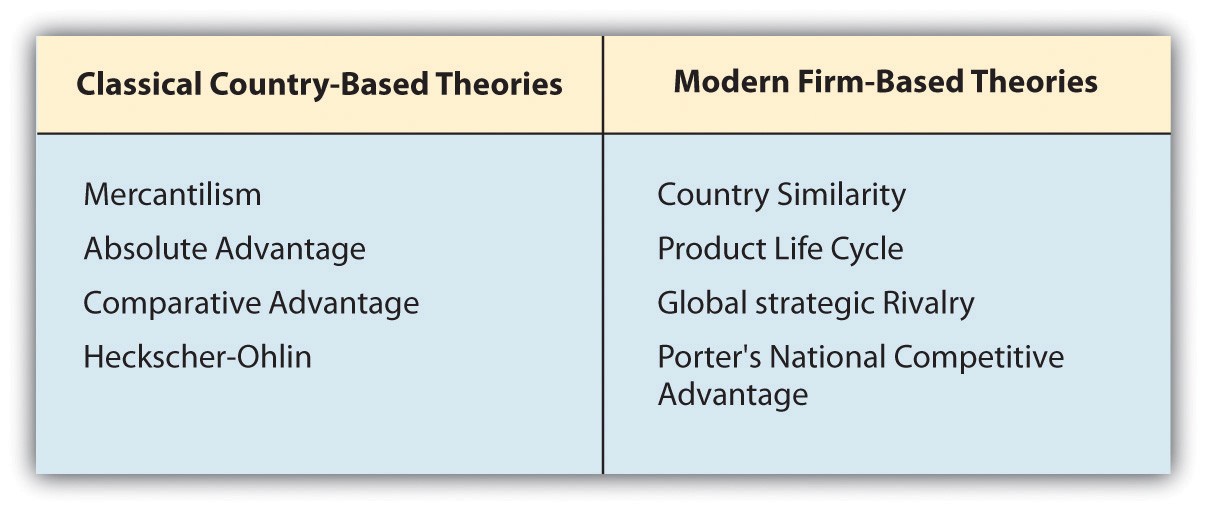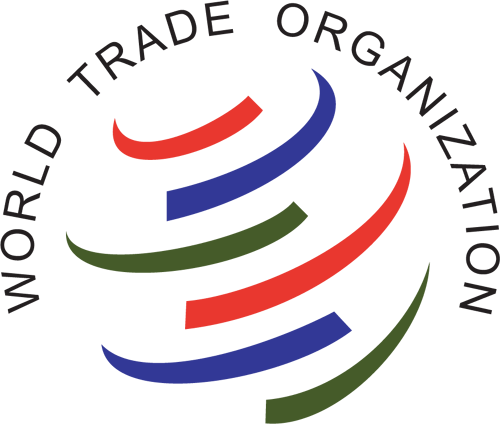What Is International Trade
Post on: 2 Октябрь, 2015 No Comment

If you walk into a supermarket and are able to buy South American bananas, Brazilian coffee and a bottle of South African wine, you are experiencing the effects of international trade.
International trade allows us to expand our markets for both goods and services that otherwise may not have been available to us. It is the reason why you can pick between a Japanese, German or American car. As a result of international trade, the market contains greater competition and therefore more competitive prices, which brings a cheaper product home to the consumer.
What Is International Trade?
International trade is the exchange of goods and services between countries. This type of trade gives rise to a world economy, in which prices, or supply and demand. affect and are affected by global events. Political change in Asia, for example, could result in an increase in the cost of labor, thereby increasing the manufacturing costs for an American sneaker company based in Malaysia, which would then result in an increase in the price that you have to pay to buy the tennis shoes at your local mall. A decrease in the cost of labor, on the other hand, would result in you having to pay less for your new shoes.
Trading globally gives consumers and countries the opportunity to be exposed to goods and services not available in their own countries. Almost every kind of product can be found on the international market: food, clothes, spare parts, oil, jewelry, wine, stocks, currencies and water. Services are also traded: tourism, banking, consulting and transportation. A product that is sold to the global market is an export. and a product that is bought from the global market is an import. Imports and exports are accounted for in a country’s current account in the balance of payments.
Increased Efficiency of Trading Globally
Global trade allows wealthy countries to use their resources — whether labor, technology or capital — more efficiently. Because countries are endowed with different assets and natural resources (land, labor, capital and technology), some countries may produce the same good more efficiently and therefore sell it more cheaply than other countries. If a country cannot efficiently produce an item, it can obtain the item by trading with another country that can. This is known as specialization in international trade.
Let’s take a simple example. Country A and Country B both produce cotton sweaters and wine. Country A produces 10 sweaters and six bottles of wine a year while Country B produces six sweaters and 10 bottles of wine a year. Both can produce a total of 16 units. Country A, however, takes three hours to produce the 10 sweaters and two hours to produce the six bottles of wine (total of five hours). Country B, on the other hand, takes one hour to produce 10 sweaters and three hours to produce six bottles of wine (total of four hours).
But these two countries realize that they could produce more by focusing on those products with which they have a comparative advantage. Country A then begins to produce only wine and Country B produces only cotton sweaters. Each country can now create a specialized output of 20 units per year and trade equal proportions of both products. As such, each country now has access to 20 units of both products.
We can see then that for both countries, the opportunity cost of producing both products is greater than the cost of specializing. More specifically, for each country, the opportunity cost of producing 16 units of both sweaters and wine is 20 units of both products (after trading). Specialization reduces their opportunity cost and therefore maximizes their efficiency in acquiring the goods they need. With the greater supply, the price of each product would decrease, thus giving an advantage to the end consumer as well.
Note that, in the example above, Country B could produce both wine and cotton more efficiently than Country A (less time). This is called an absolute advantage. and Country B may have it because of a higher level of technology. However, according to the international trade theory, even if a country has an absolute advantage over another, it can still benefit from specialization.

Other Possible Benefits of Trading Globally
International trade not only results in increased efficiency but also allows countries to participate in a global economy, encouraging the opportunity of foreign direct investment (FDI), which is the amount of money that individuals invest into foreign companies and other assets. In theory, economies can therefore grow more efficiently and can more easily become competitive economic participants.
For the receiving government, FDI is a means by which foreign currency and expertise can enter the country. These raise employment levels, and, theoretically, lead to a growth in the gross domestic product. For the investor, FDI offers company expansion and growth, which means higher revenues.
Free Trade Vs. Protectionism
As with other theories, there are opposing views. International trade has two contrasting views regarding the level of control placed on trade: free trade and protectionism. Free trade is the simpler of the two theories: a laissez-faire approach, with no restrictions on trade. The main idea is that supply and demand factors, operating on a global scale, will ensure that production happens efficiently. Therefore, nothing needs to be done to protect or promote trade and growth, because market forces will do so automatically.
In contrast, protectionism holds that regulation of international trade is important to ensure that markets function properly. Advocates of this theory believe that market inefficiencies may hamper the benefits of international trade and they aim to guide the market accordingly. Protectionism exists in many different forms, but the most common are tariffs. subsidies and quotas. These strategies attempt to correct any inefficiency in the international market.














